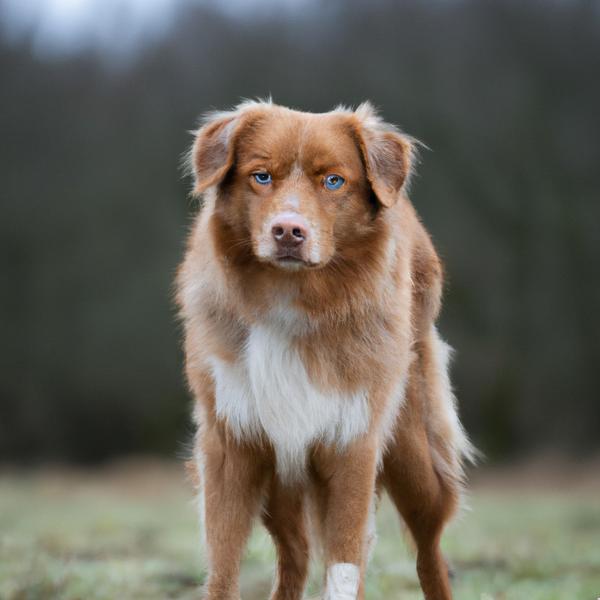Australian Retriever vs. Smooth Foxie Doxie: Breed Differences and Similarities
Hypoallergenic
Are Australian Retrievers or Smooth Foxie Doxies hypoallergenic, or neither?
Unfortunately, neither Australian Retriever nor Smooth Foxie Doxie are hypoallergenic, which may not make them the best choice for dog lovers who suffer from pet allergies.
Temperament
What are the personalities of Australian Retriever and Smooth Foxie Doxie dogs?
Active
Loving
Protective
Intelligent
Confident
Friendly
Affectionate
Reliable
Kind
Good-natured
Trustworthy
Active
Playful
Stubborn
Alert
Courageous
Intelligent
Affectionate
Devoted
Lively
Fearless
Clever
Shedding Level
Do Australian Retrievers shed more than Smooth Foxie Doxies, or which breed sheds more, Australian Retrievers or Smooth Foxie Doxies?
Australian Retrievers are moderate shedders, but regular brushing can reduce shedding and maintain coat health.
Smooth Foxie Doxies are low shedding dogs, requiring minimal coat care.
Origin
What is the origin of Australian Retriever and Smooth Foxie Doxie dog breeds?
United States
United States
Ancestry
What are the origins of Australian Retriever and Smooth Foxie Doxie breeds?
Australian Shepherd and Golden Retriever
Dachshund and Smooth Fox Terrier
Date of Birth
When were Australian Retriever and Smooth Foxie Doxie breeds first developed?
2005
1990s
Litter Size
What is the usual litter size for Australian Retriever and Smooth Foxie Doxie?
An Australian Retriever can have a litter of 6-9 puppies on average. However, it's worth noting that the size of the litters can vary greatly. Factors that can influence litter size include the health of the mother, breeding history, and genetics.
A Smooth Foxie Doxie can have a litter of 4-8 puppies on average. However, it's worth noting that the size of the litters can vary greatly. Factors that can influence litter size include the health of the mother, breeding history, and genetics.
Adaptability
Australian Retriever and Smooth Foxie Doxies are known for their adaptability and versatility. They are capable of adapting well to a wide range of lifestyle changes and living environments, making them great companions for families and individuals of all lifestyles.
Health Issues
Between Australian Retriever and Smooth Foxie Doxie, which breed is more prone to health problems?
Australian Retrievers typically have low vet costs due to their good health, but it's important to monitor their health and seek vet care when necessary.
While the Smooth Foxie Doxie breed is generally healthy, occasional vet check-ups are still necessary to address any health concerns.
Major Concerns
What are the major health concerns for Australian Retriever and Smooth Foxie Doxie breeds?
Hip Dysplasia
Epilepsy
Bloat
Patellar Luxation
Epilepsy
Intervertebral Disc Disease (IVDD)
Gastric Dilation Volvulus (GDV) or Bloat
Minor Concerns
What minor health issues should be kept in mind when owning Australian Retriever and Smooth Foxie Doxie?
Eye Problems
Hypothyroidism
Deafness
Allergies
Diabetes
Congenital Eye Defects
Occasional Tests
What occasional tests are recommended for Australian Retriever and Smooth Foxie Doxie breeds?
Eye
Hip
Skeletal
Thyroid Tests
X-Rays
Eye Examination
Eye Examination
Skin Evaluation
Blood And Urine Analysis
Hearing and Ear Tests
DNA
Social Needs
Australian Retriever vs Smooth Foxie Doxie social needs comparison
Australian Retriever and Smooth Foxie Doxie have very high social needs. These needs include regular mental and physical stimulation, a job or purpose, and companionship. They thrive in environments where they have a lot of interaction with humans and other dogs.
Sleeping Need
Which of the two sleeps the most/least: Australian Retriever or Smooth Foxie Doxie?
Australian Retrievers are active and require sufficient sleep to stay healthy.
Smooth Foxie Doxies sleep less than other breeds but still need adequate sleep for good health.
Mouthiness
Mouthiness Comparison: Australian Retriever vs Smooth Foxie Doxie?
Roaming urge
Australian Retriever vs Labrador: Running away tendency?
Prey Drive
Australian Retriever or Smooth Foxie Doxie - which breed has a higher level of prey drive?
Past times
What are some enjoyable activities and ways to keep Australian Retriever and Smooth Foxie Doxie entertained?
Cuddling, Swim, Dressing up, Dog, Walk, Fetch, Chase, Run, Training, Snow, Sniffing, Catch, Frisbee, Hiking, Running, Swimming, Who’s there, Hide & Seek, Tug, Tug-of-war, Go to Beach, Go to Park, Nap, Ball, Roughhouse, Catch treats, Cuddles, Tricks, Teaching tricks, Playing babies
Walk, Swim, Play, Car rides, Hiking, Sleep, Eating Snacks
Tolerance of being left alone
Grooming
Which breed is easier to maintain in terms of grooming, Australian Retrievers or Smooth Foxie Doxies?
The Australian Retriever requires an average amount of grooming compared to other breeds.
The Smooth Foxie Doxie has low grooming needs and is easy to maintain.
Brushing Frequency
What is the recommended brushing frequency for Australian Retriever and Smooth Foxie Doxie dogs?
Ideally, both Australian Retriever and Smooth Foxie Doxie should be brushed at least 2 or 3 times a week (preferably daily) to improve shedding.
Sensitivity Level
How do Australian Retriever and Smooth Foxie Doxie compare in sensitivity?
These breeds are more sensitive than others and easily overwhelmed by new surroundings and people. Australian Retriever and Smooth Foxie Doxie need gentle handling and a calm, stable home environment with positive reinforcement training.
Apartment Friendly
Which breed is more apartment-friendly: Australian Retriever or Smooth Foxie Doxie?
Australian Retrievers are good apartment dogs as long as they get enough exercise and stimulation outside of the apartment.
The Smooth Foxie Doxie is a great apartment dog, thriving with sufficient exercise and time outside as part of their daily routine.
Child Friendly
Do Australian Retrievers or Smooth Foxie Doxies have a friendlier temperament towards children?
Australian Retrievers make excellent family pets for kids due to their gentle, protective nature and calm temperament.
Smooth Foxie Doxies are good with kids if socialized and trained from a young age.
Senior-friendly
Which dog is more suitable as a pet for the elderly - Australian Retriever or Smooth Foxie Doxie?
Cat Friendly
Do Australian Retriever or Smooth Foxie Doxie breeds have a better compatibility with cats?
Australian Retrievers are good with cats, but early training is needed to prevent chasing behavior.
Smooth Foxie Doxies are somewhat cat friendly and can be trained to get along with cats.
Dog Friendly
Which breed is more sociable with other dogs: Australian Retriever or Smooth Foxie Doxie?
Australian Retrievers are friendly and active companions, and can be good family pets, though their friendliness towards other dogs may vary.
Smooth Foxie Doxies are less friendly towards other dogs, but can improve with socialization.
Pet friendly
How do Australian Retriever or Smooth Foxie Doxie dogs interact with other pets?
Stranger Friendly
Which breed is more friendly with strangers: Australian Retriever or Smooth Foxie Doxie?
Australian Retrievers are friendly but may bark at strangers, and training is easy due to their intelligence.
Smooth Foxie Doxies are quick to announce strangers and can be standoffish or suspicious.
Playfulness
Which breed is more playful between Australian Retriever and Smooth Foxie Doxie?
Australian Retrievers are very playful, so adopting an older one might be a better option for a more relaxed experience.
Smooth Foxie Doxies are a playful breed that needs daily playtime to be happy.
Trainability
How do the trainability levels of Australian Retrievers and Smooth Foxie Doxies compare?
The Australian Retriever is highly intelligent and eager to please, making it a great choice for both novice and experienced dog owners due to its easy trainability.
Smooth Foxie Doxies are popular for their ease of training and quick learning ability.
Compare Australian Retriever with other breeds
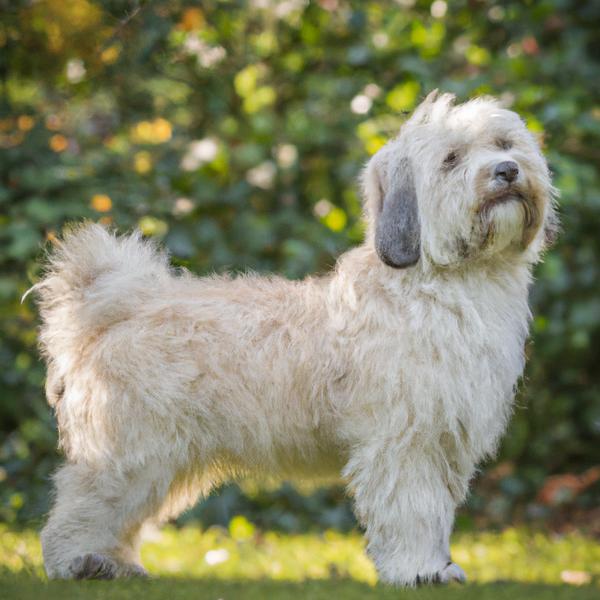
Dandie Dinmont Terrier
Australian Retriever vs Dandie Dinmont Terrier
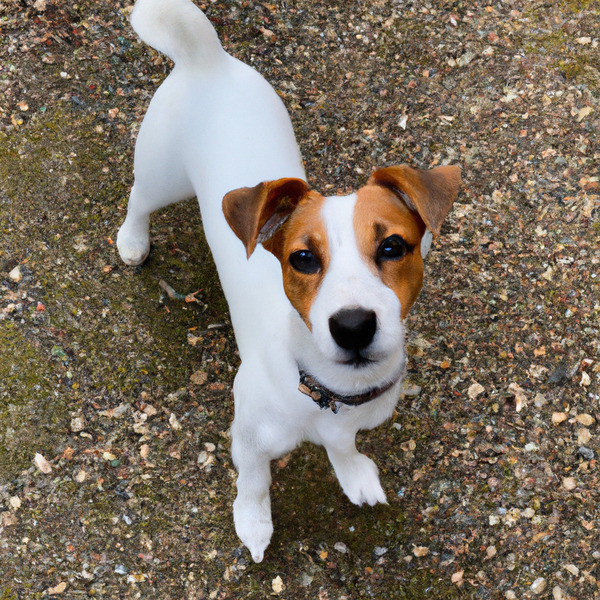
Jack Russell Terrier
Australian Retriever vs Jack Russell Terrier
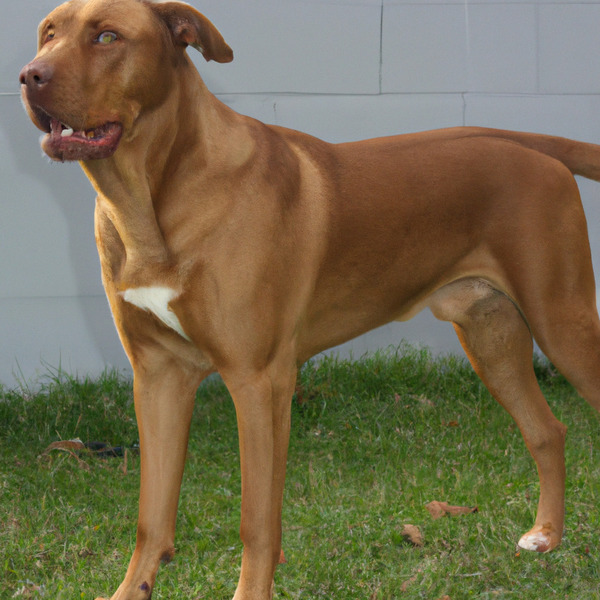
Uruguayan Cimarron
Australian Retriever vs Uruguayan Cimarron

Pitweiler
Australian Retriever vs Pitweiler

English King
Australian Retriever vs English King

Dalmatian Husky
Australian Retriever vs Dalmatian Husky

Bluetick Rat Terrier
Australian Retriever vs Bluetick Rat Terrier
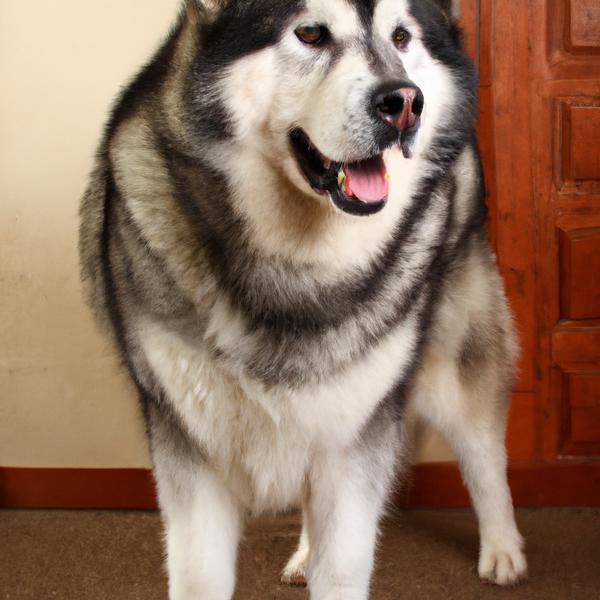
Alaskan Malamute
Australian Retriever vs Alaskan Malamute

Cattle Collie Dog
Australian Retriever vs Cattle Collie Dog
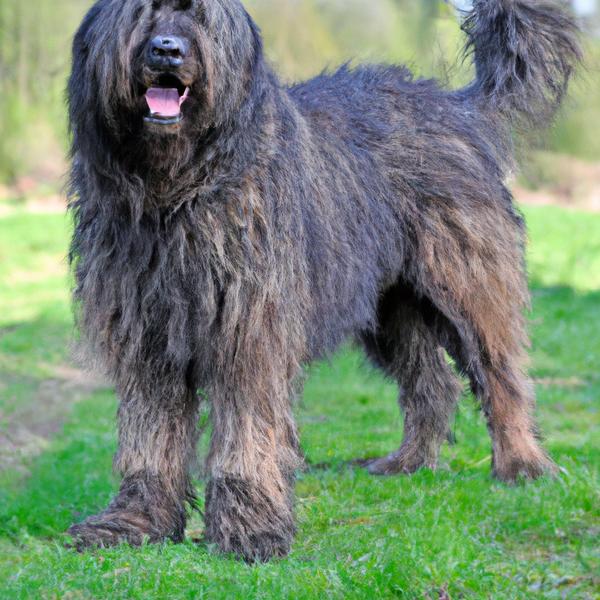
Bergamasco Shepherd
Australian Retriever vs Bergamasco Shepherd

Miniature Golden Retriever
Australian Retriever vs Miniature Golden Retriever
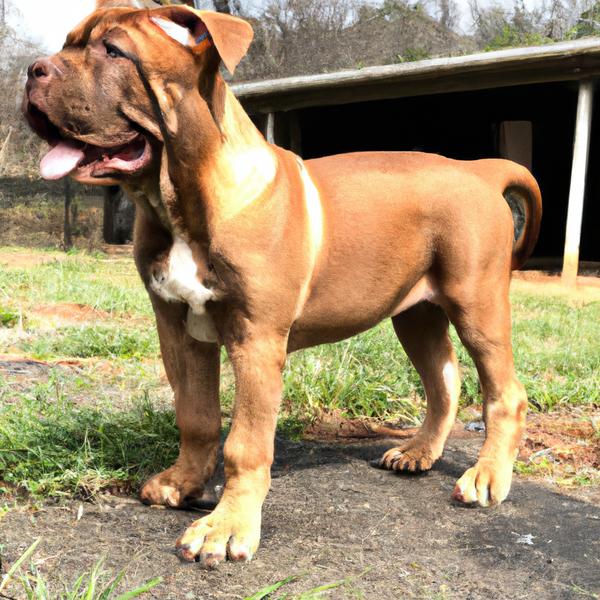
Box-a-Shar
Australian Retriever vs Box-a-Shar
